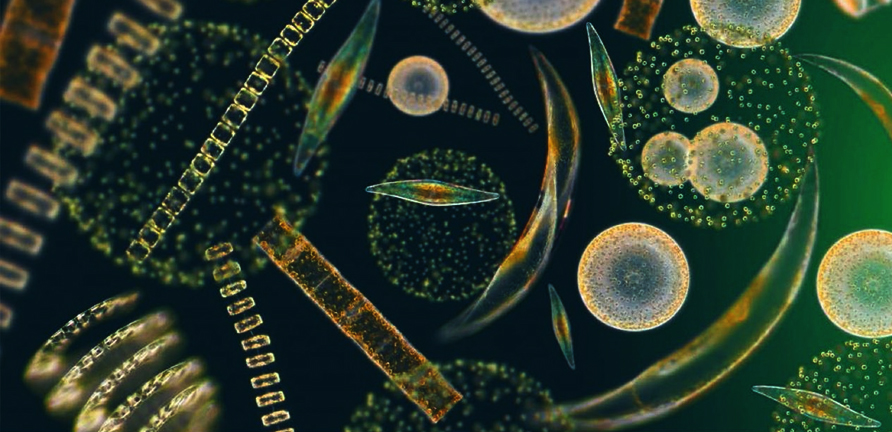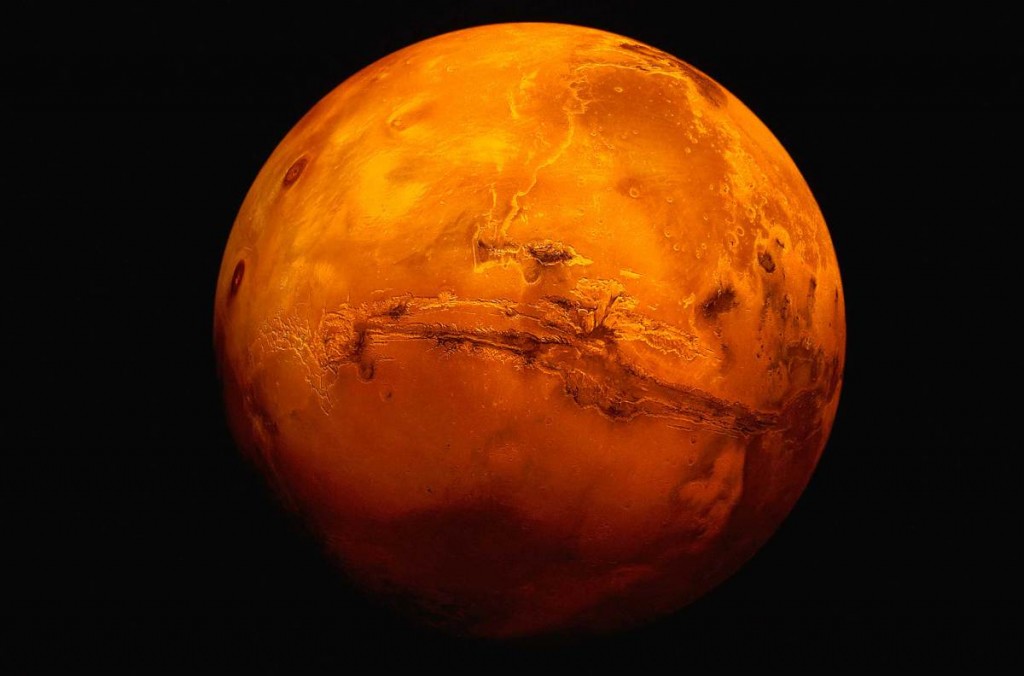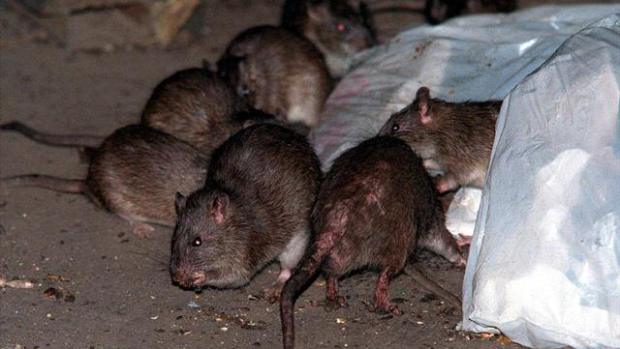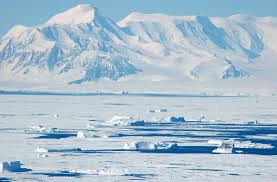During the past decade, Antarctica's massive ice sheet lost twice the amount of ice in its western portion compared with what it accumulated in the…

Proceedings of the National Academy of Sciences of the United States of America

Phytoplankton, commonly known as plant plankton that remove carbon dioxide from the atmosphere through photosynthesis, are potentially a key driver of Arctic warming under greenhouse…

A recent study using data from NASA's Curiosity rover and published in the Proceedings of the National Academy of Sciences present data showing the presence of nitrates…

The unprecedented drought gripping California has deepened for the fourth consecutive year, having already set new records for the lowest annual precipitation levels on record.…

Across much of the Western world, 25 years of expansion of the medical system has actually led to people feeling less healthy over time, a…

In the first study of its kind since the 1920s, rats in New York City were found to carry a flea species capable of transmitting…

The increasingly frequent and severe droughts that have punished California over the past two decades—including the current record-breaking one—are primarily the result of human-caused climate change and…

It may be possible to live longer and increase fertility by manipulating diet, according to world-first research in mice from the University of Sydney's Charles…
